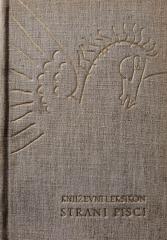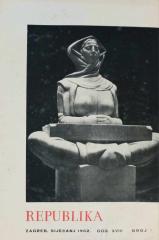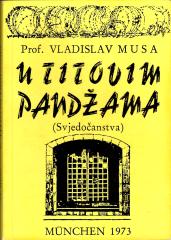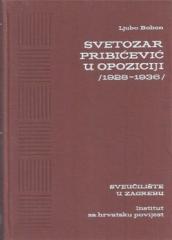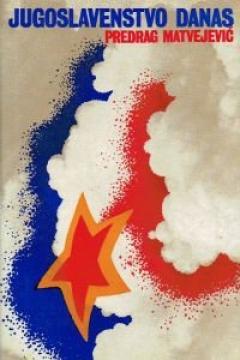
Jugoslavenstvo danas
Yugoslavism Today (1982) examines the concept of Yugoslavism in the context of the political, cultural, and social conditions of the SFR Yugoslavia, in the period after Tito's death. The work explores the historical roots of the Yugoslav idea and the chal
Matvejević begins by examining the history of Yugoslavism, from the Illyrian movement and the ideas of Josip Juraj Strossmayer to the creation of Yugoslavia after World War I. He analyzes how Yugoslavism, as an idea of unifying the South Slavic peoples, evolved through political projects, but also encountered resistance from nationalisms. In the context of the 1980s, Matvejević critically assesses the state of the Yugoslav federation, highlighting the tensions between centralism and republican interests, as well as between the collective idea and individual identities.
The author looks at the role of culture, language, and literature in shaping Yugoslavism, but also at the bureaucratic and ideological deformations that threatened that idea. With lucidity and erudition, Matvejević warns of the dangers of growing nationalist tendencies and questions whether Yugoslavism can survive without coercion. His style is analytical, but imbued with melancholy due to the uncertain future of the common state.
Yugoslavism is today appreciated for its intellectual depth and insightful criticism. The work remains relevant as a testimony to the complexity of the Yugoslav idea and its challenges on the eve of the state's disintegration.
One copy is available
